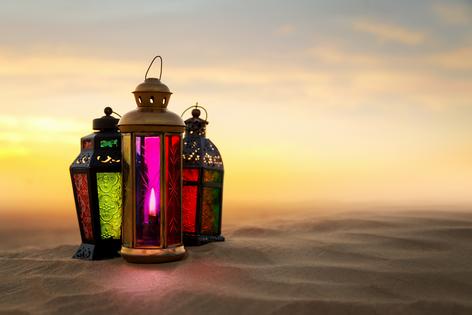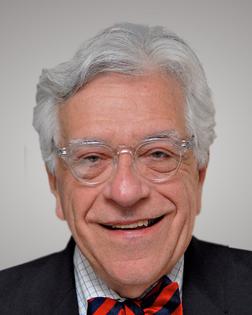The God Squad: Ramadan Mubarak
Spring is by far the most spiritually significant time of the year. All the major faiths of East and West religions celebrate their holiest days during the springtime — usually near the first full moon after the vernal equinox. I always put aside your wonderful questions until I can do some justice to the springtime holy days. I have talked about Easter and the Hindu holiday of Holi, which have just passed, and I will help you prepare for the Buddha’s birthday called Wesak (or Vesak) coming up on May 25. There is the Passover meal (seder), which Christians believe was the Last Supper of Jesus. It arrives on the evening of April 22. We are also in the midst of the holy Muslim month of Ramadan, which began March 10 and will end April 8.
Here are some of the Ramadan practices I admire:
The month of Ramadan is not always in the spring. Because it is the seventh month of a purely lunar calendar, Ramadan moves through the calendar of the year at a pace of roughly 11 days a year. I admire this courageous severing of history from nature. Spring has within it some inescapable elements of nature worship and the great revolution of the Abrahamic faiths of Judaism, Christianity, and Islam is that we all worship a God who is the creator of nature not a part of nature.
This severing of holy days from the rebirth of nature allows sacred events to replace natural events. The exodus from Egypt in Passover for Jews and the crucifixion and resurrection of Jesus for Christians are historical events imposed upon the natural cycle of spring. Ramadan is only about historical events that are holy for Muslims. Ramadan celebrates sacred events that are holy for Muslims, as well as Christians and Jews, including the giving of the Torah to Moses on Mt. Sinai, the revelation of the Gospel to Jesus, and the giving of the Psalms to King David.
For Muslims a central event celebrated during Ramadan is the conquest of Mecca by Muhammad. At the core of Islam and as a part of the last 10 days of Ramadan is the Laylat al Qadr, called the “Night of Power,” which celebrates the revelation of the Quran to Mohammed by the angel Gabriel.
The fasting on Ramadan is a real fast and the charity given on Ramadan is real charity. Every day from dawn to dusk Muslims fast and this means they do not eat anything or drink anything all day long every day for a month. They will rise before dawn to eat something and eat the iftar meal after dark. Particularly in hot Muslim countries this is a truly sacrificial act. Also, the act of giving charity (zakat), particularly during the month of Ramadan, continues the seriously sacrificial elements of this holy month. Zakat is one of the five pillars of Islam. It commands every Muslim to give to charity at least 2.5 percent of their total income, which is a profound commitment to the poor and to the institutions of Muslim life.
The feasts of Ramadan are inclusive and joyous. The daily iftar meal is an occasion for Muslims to gather together and celebrate the holy month. The end of Ramadan is obviously an occasion for a major feast called Eid el Fitr. Families try to gather at the home of the patriarch of the family to share sweets and fruit. Children line up in front of their elders and receive gifts and blessings. Guests are also invited to share the joyous moment when the sacrificial restrictions of Ramadan end.
Some people today cannot see the beauty and holiness of Ramadan because of the bloody war in Gaza and I want to speak to you now. The Christianity of the Crusades was not the Christianity of Pope John Paul II. The Islam of radical terrorists is not the Islam of the Sultan Saladin who appointed his friend Maimonides, the great Jewish rabbi/philosopher/physician as his personal physician.
No religion is immune to prejudice and distortions. What I know and what I pray is that we can all enter our holy days with a love that includes every human being who is made in the image of God. The defenders of true faith on every side of every dispute must find each other in our time. As for me, I shall continue in prayerful hope that the mission of the God Squad will still find its way into our souls: We know enough about how we are different and not enough yet about how we are all the same.
(Send ALL QUESTIONS AND COMMENTS to The God Squad via email at godsquadquestion@aol.com. Rabbi Gellman is the author of several books, including “Religion for Dummies,” co-written with Fr. Tom Hartman. Also, the new God Squad podcast is now available.)
©2024 The God Squad. Distributed by Tribune Content Agency, LLC.
(c) 2024 THE GOD SQUAD DISTRIBUTED BY TRIBUNE MEDIA SERVICES, INC.












Comments